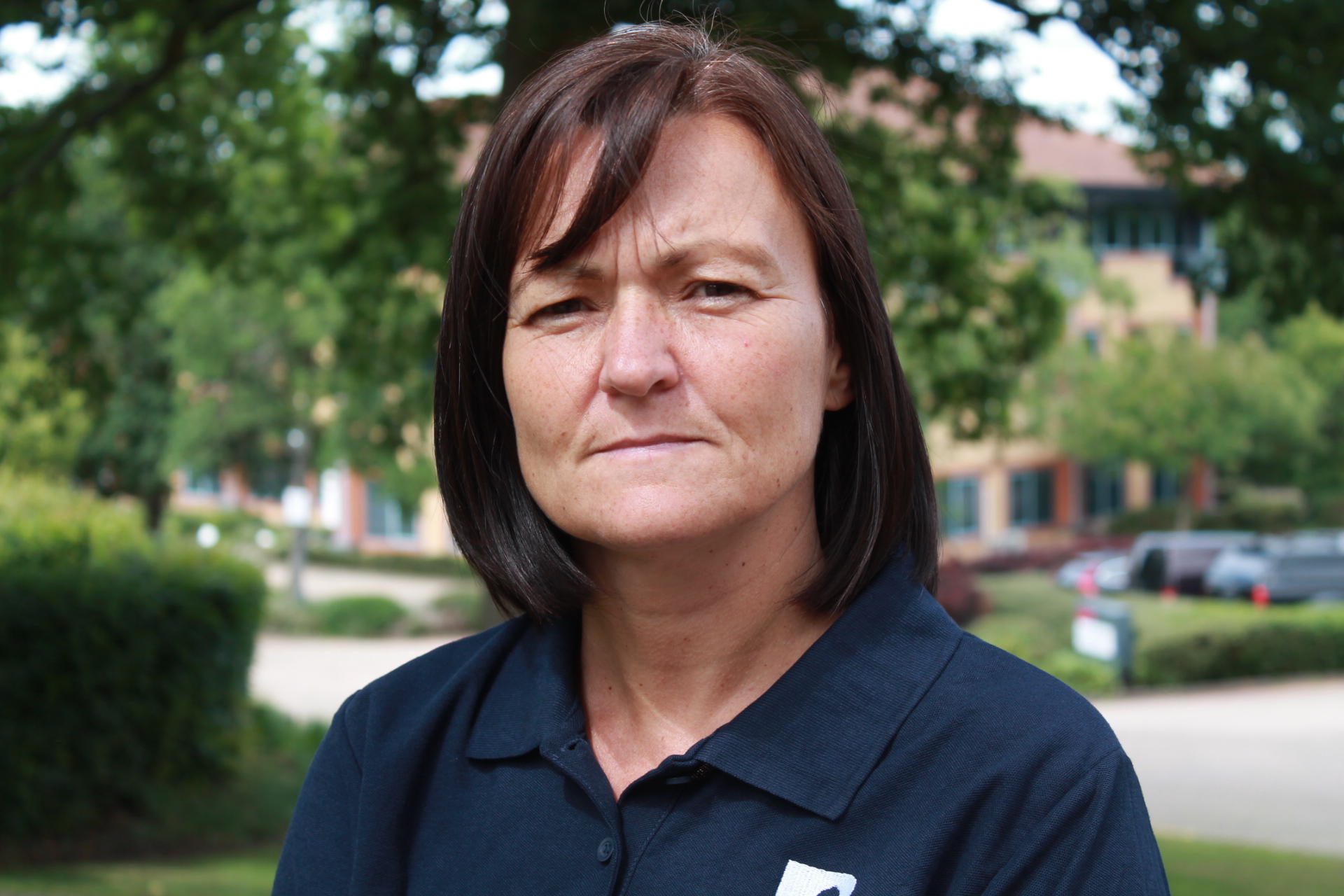New survey highlights why police officers must be prioritised for Covid-19 vaccination
A NEW survey showing how half of police officers who believe they caught Covid-19 during the pandemic think they contracted the virus on duty, highlights why police officers must be prioritised for vaccinations.
That’s the message from Hampshire Police Federation – the organisation representing the county’s thousands of police officers – who are calling on Prime Minister Boris Johnson to do the right thing and move the country’s cops up the vaccine queue.
The Police Federation’s 2020 Demand, Capacity and Welfare Survey, released today, found that one in four officers who responded believed they had contracted Covid-19 (26%). Almost half (45%) of these respondents believed they contracted the virus through ‘work-related activities’.
Zoë Wakefield, Hampshire Police Federation Chair, said this came as no surprise as it is so difficult for officers to maintain social distancing. She said: “Police officers are attending sudden deaths where the cause is the virus and dealing with numerous members of the public of which some will have the virus.
“With this much exposure and this much risk, it is inevitable that officers are going to contract the virus as a result of work.
“And sadly there is an element of society who will always want to attack the police. They are now using the virus as a weapon by coughing, spitting and biting at officers. This is dangerous, disgusting and completely unacceptable. Many officers have children or family members who are shielding at home. The fear of taking the virus home with potentially fatal consequences is very real.”
Zoë called again for police officers to be prioritised for vaccinations: “Police officers are putting themselves at risk every day and police officers are dying from this virus. Sickness rates in some forces have been over 10%. This is not sustainable. The public need and deserve a healthy police force. We are the only ones who can carry out enforcement and help keep this pandemic under control.”
Almost one in three of respondents to the survey (32 per cent) reported a member of the public who was believed to carry the virus had purposely threatened to breathe or cough on them, while nearly a quarter (24 per cent) said someone had actually done so.
Mental health and wellbeing issues were highlighted by 77 per cent of police officers, and the majority (90 per cent) of these respondents indicated psychological difficulties had been caused, or made worse, by working within policing.
Zoë added: “Cuts to police numbers over the years have caused an increase in fatigue, stress, depression and anxiety amongst officers. Crime has risen, the number of calls into police has increased but the number of officers available to deal with it all has decreased. This means officers get less chance of having a break between jobs, less chance to gather their thoughts if the previous job was particularly difficult or traumatic before being called to the next one.”
Hampshire Police Federation has been trying to find new ways to support police officers during the pandemic. They worked with the force on the Deps Dinner initiative which provides hot meals to everyone working late shifts. Most police stations have also been provided with slow cookers, so officers can prepare nutritious meals at work.
